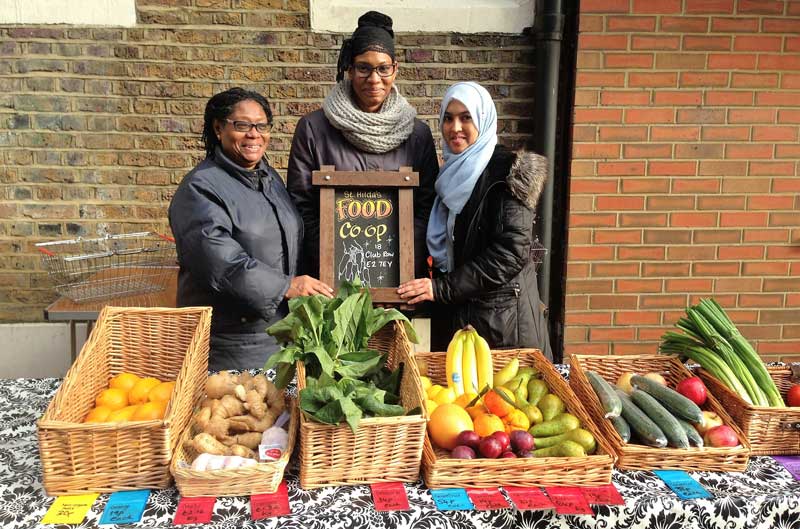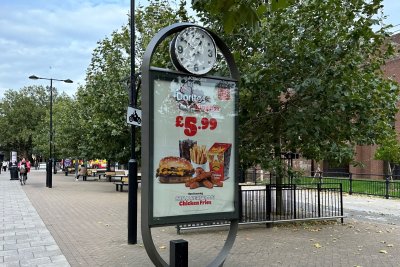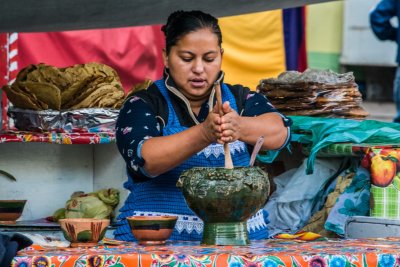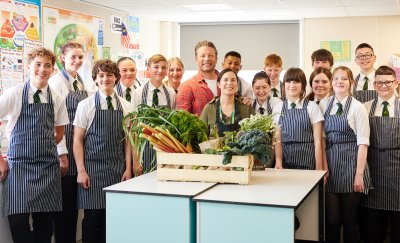
When a group of people came together in Rochdale in 1844 to buy sacks of flour, sugar and other staples at wholesale prices, they kick started a co-op movement that rapidly spread across the UK. Ever since, food co-ops have been a popular means of acquiring safe and affordable food, and they still are today.
In fact, by Sustain’s estimation, at the end of the Food Co-op Project that ran from 2007-12, there were more than 1,000 in the UK. And now the food co-op project has been revived in collaboration with the National Union of Students (NUS), to support new student-led enterprises. The food co-ops map at foodcoops.org has also been updated and many of the initiatives involved in the original project have been surveyed.
This work has highlighted the difficulties food co-ops face in terms of financial sustainability, and volunteer retention, leading many of the initiatives involved in the original project to close. Happily, most of those still operating today told us they were thriving though, and we’re hearing about new schemes all the time.
One initiative that has gone from strength to strength over this period is St Hilda’s East Food Co-op in Tower Hamlets. Running for over a decade in a community centre of the same name, the scheme has a strong team of regular volunteers who help to run the weekly stall. The initiative has also expanded with a new evening session combined with an advice service, a larger range of wholefoods, healthy living workshops and a Suma buying group.
So, what’s the secret to St Hilda’s success? “Having the support of St Hilda’s as a whole is an important factor” the food co-op coordinator, Jenny Jones, told us. In fact, many of the stall’s regular customers are participants in other projects at St Hilda’s, including an Older People’s Project, whose members are not always able to get the shops.
Shoreditch is clearly a diverse area, and Jenny sees the food co-op as a space where people from diverse social and economic backgrounds can come together. “A lot of people have been involved over the years across different ages, abilities and backgrounds. That’s really helped with our development, efficiency and how we run as a community.” Working as a not for profit, community is key at the food co-op, which Jenny describes as “more of a community service than an enterprise, run by and for the community”.
Unusually, St Hilda’s stocks a mixture of cheaper fresh fruit and vegetables (sourced from Community Food Enterprise) and organic and fairly-traded goods from Sarah Greens Organic farm in Essex, the wholefoods worker’s co-op Suma and Zaytoun, who supply artisanal Palestinian produce.
Jenny is aware of the potential tension this can create between the scheme’s desire to bring affordable food to the area, while also promoting sustainable foods. “The organic goods are often more expensive, but not always” she says, and this is down to the fact that St Hilda’s buys directly from the farm, only putting a minimal mark up onto the items. “I think it’s about giving people a choice and access to quality produce, and because we have a diverse customer base, which reflects the changes in the local area, we’re able to provide that choice for everyone, not just people on a higher income. In the future, I’d like to see a larger customer base so we can make it even cheaper by economies of scale.” Here’s wishing them every success.
Read more on St Hilda's website and watch their video.
If you're interested in food co-ops as a customer, involved in running one, thinking of setting one up or you just love them then join the biggest Food Co-op Network in the UK.
University and college students can apply now for £1,000 start-up costs from the National Union of Students as well as mentoring from Sustain to set up a food co-op. Deadine 23rd June 2017!
Food Co-ops: Building community wealth, supporting the planet and championing farmers.
Sustain
The Green House
244-254 Cambridge Heath Road
London E2 9DA
020 3559 6777
sustain@sustainweb.org
Sustain advocates food and agriculture policies and practices that enhance the health and welfare of people and animals, improve the working and living environment, promote equity and enrich society and culture.
© Sustain 2024
Registered charity (no. 1018643)
Data privacy & cookies







